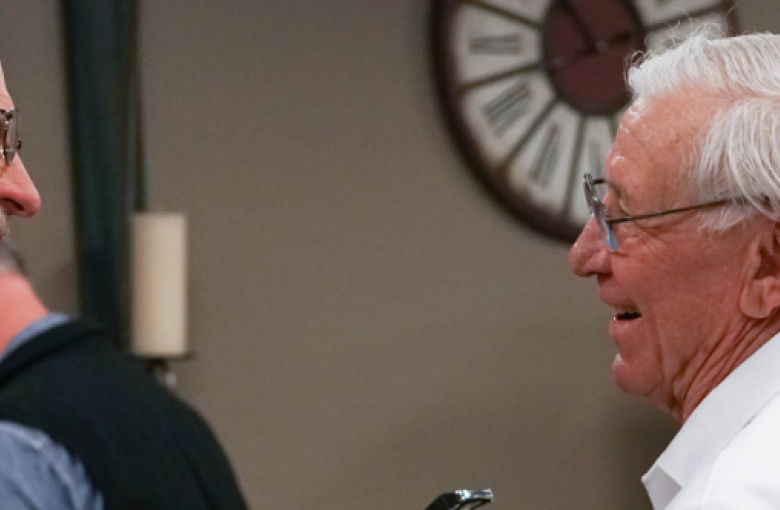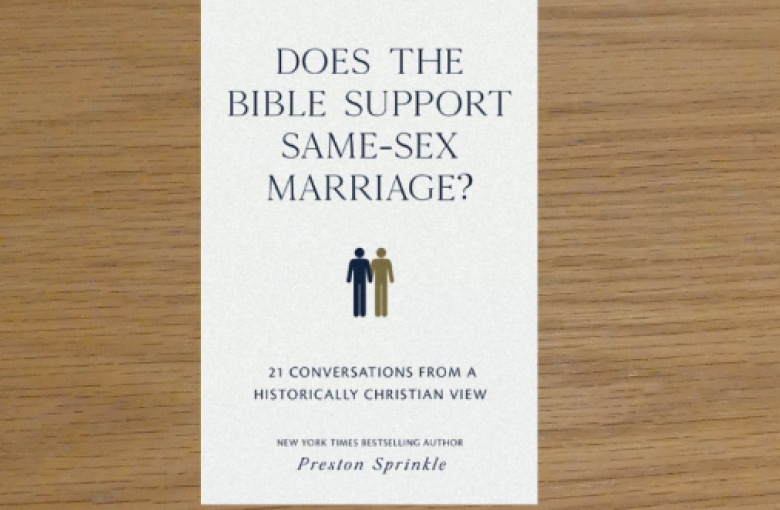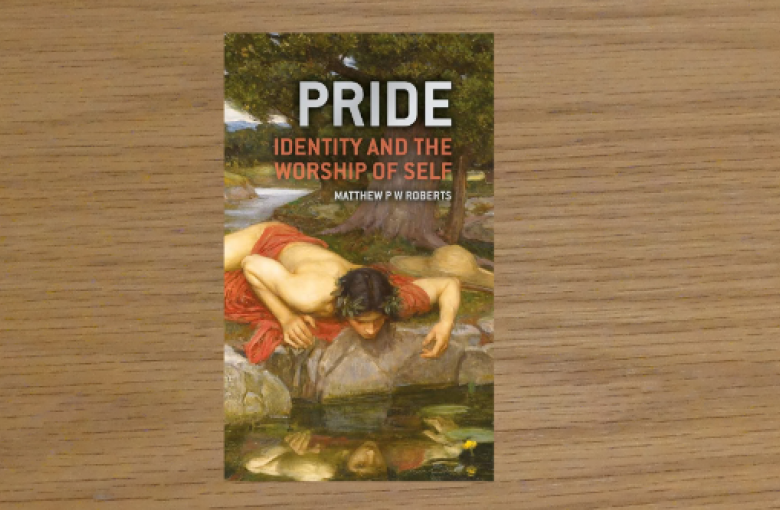During my Curate training, the higher-ups thought it would be a good idea to make me (I use that word deliberately) do a placement in a school. To be fair, it was indeed a good idea. The thinking is that it helps Assistant Curates (assistant ministers) understand the inner workings of Church of England schools. When I wasn’t accidentally giving the wrong answers to Key Stage Two maths questions (that was humbling!), I was observing just how easy it was for the children to make friends. No drama. No angst. Friendship was just so natural for them.









